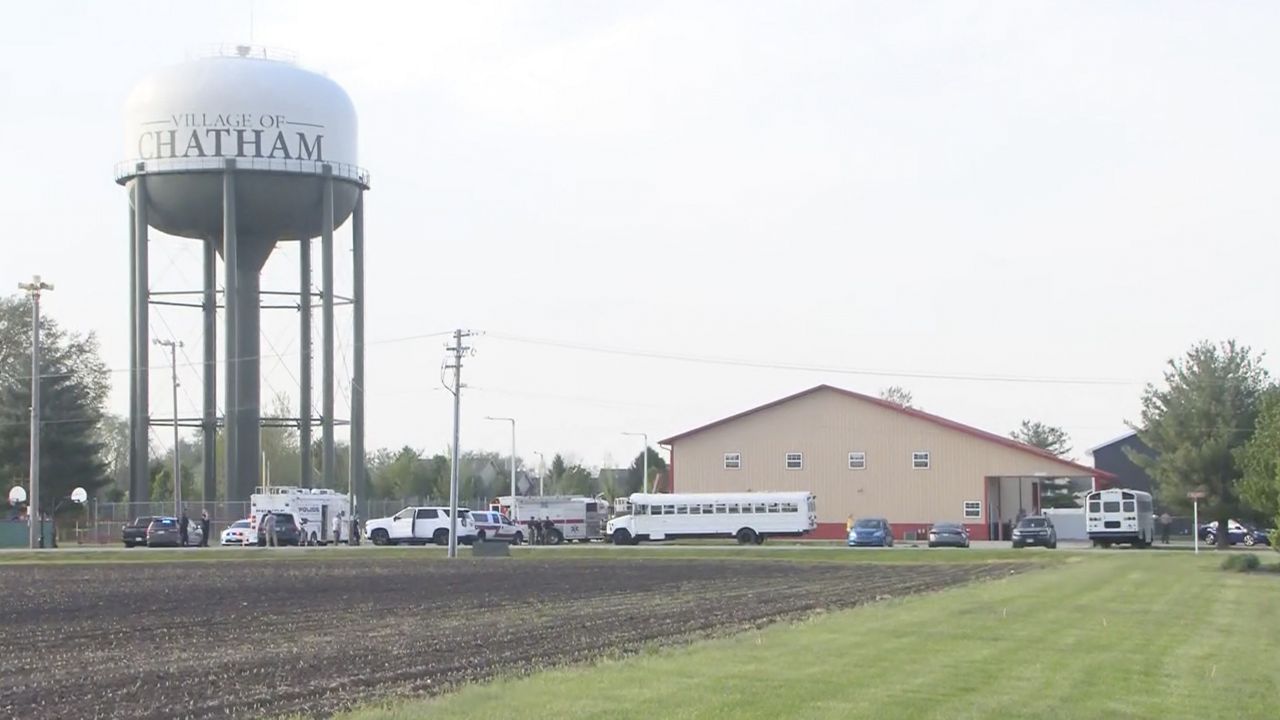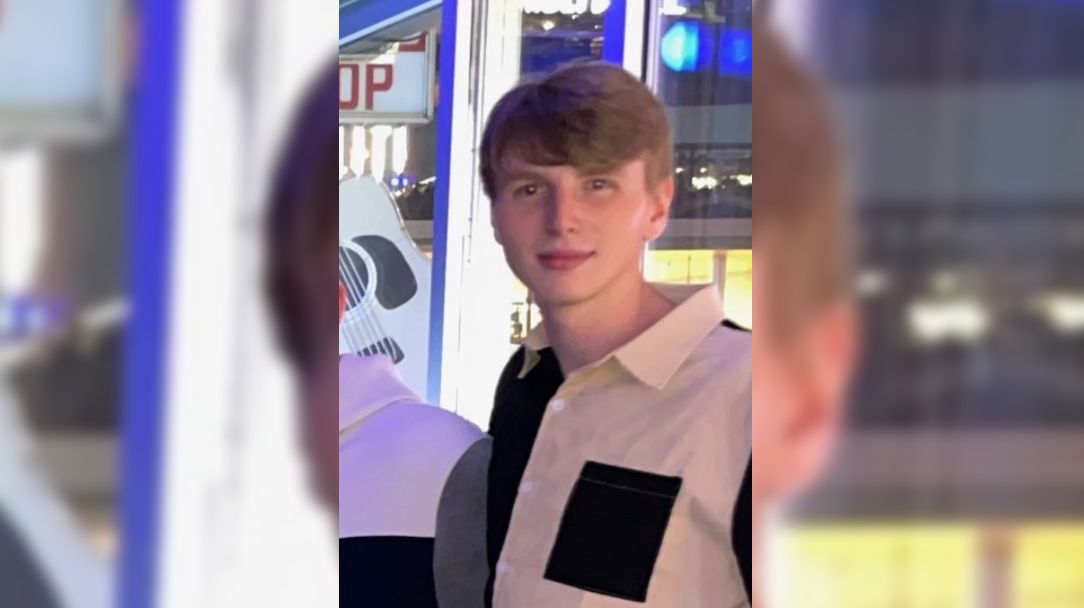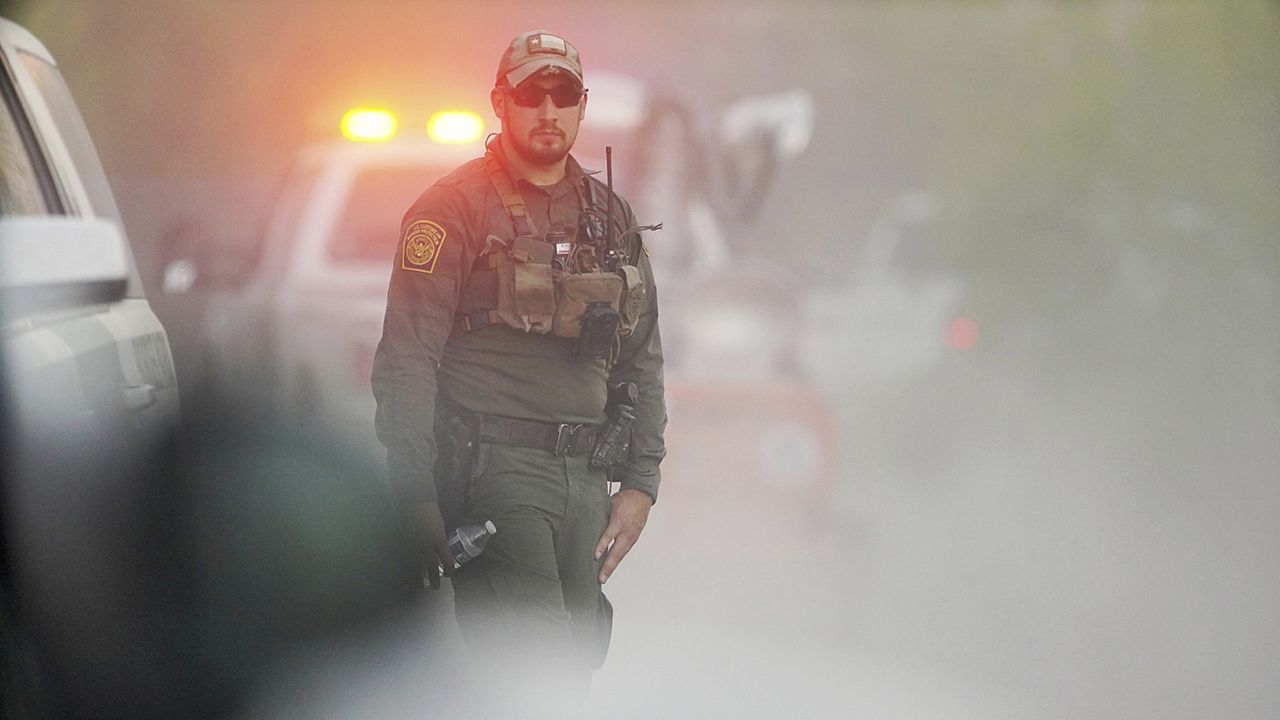ST. LOUIS – St. Louis City’s diversion programs have responded to nearly 5,000 calls in its first eight months and saved the city as estimated $2.2 million. Mayor Tishaura Jones met with members of Behavioral Health Response and Mastercard last week to discuss the impact the program has had on community so far.
“I have been a strong proponent of these kinds of diversion programs to connect the right professional to the right call since 2017,” said Mayor Tishaura O. Jones. She said the Cops and Clinicians program and the 911 diversion program reduce strain on police, help them focus on addressing violent crime, and help connect residents to the resources they need.
“This is just our first step, and as we look to successful national models for guidance like the STAR program in Denver. St. Louis remains committed to exploring innovative ways to reimagine and improve public safety in our city,” explained Jones.
Mastercard helped St. Louis City analyze the impact during the program’s first eight months. Here are some of the company’s findings:
- Cops and Clinicians responded Nearly to nearly 5,000 calls
- 95% of individuals in crisis have been diverted from arrest and connected to services
- Saved police department and EMS more than 2,000 work hours to help them respond to other priorities
- Estimated savings of $2.2 million
The Mastercard analysis also shows 80% of cases sent through the 911 diversion program were resolved on the line without requiring police or EMS. Those efforts saved nearly 500 ambulance dispatches and an estimated $400,000 during the 8-month period.
Also, 88% of the clients receiving follow ups were diverted from additional contact with EMS/police, and 78% were diverted from inpatient care.
“It’s been very satisfying to see the results,” said Randall Richardson, a clinician with the program. Cops and Clinicians deploys a licensed clinical social worker and a police officer to certain calls. It works in tandem with the 911 Diversion Program. Dispatch works to divert calls from 911 responders to Behavioral Health Response’s crisis counselors and mental health specialists.
“A lot of time people get to a criminal place and realize it’s not crime, it’s a crisis,” said Crisis Response Unit (CRU) Peer Specialist Patricia Johnson. “We are well-trained to de-escalate, listen empathetically, and stay with a person until the situation is defused.”
Some of the calls the CRU deals with are people having a mental health crisis, suicidal thoughts, major depression, or a variety of other things. There have also been a rise in the number of domestic violence calls. Richardson says when he arrives to a call tensions can be high.
“It’s the apex or climax of what they are dealing with, but there are a lot of different things that built up to that point, or a lot of other things in their life that are issues that if they are resolved, everything in life is a lot easier, then you have more bandwith, or capacity to deal with this particular situation,” explains Richardson.
Richardson shows up wearing a purple shirt. He believes that helps bring the tension down than just an officer arriving on the scene. He explains the officer that accompanies him on a call is well equipped to assist with whatever you need.
“We are not there to fix all, we are a bridge,” explained Richardson. He says there are a variety of organizations in town ready to help but acknowledges there is often a gap connecting people with those services. Individuals are connected with a Peer Specialist like Johnson, or if needed will help make a phone call in the moment if it is needed.
Johnson said the CRU even has someone working at the jail. She says they can help people realize there is a different path forward. “You don’t have to keep coming back, we have someone that can help you stay clean, divert you from keep coming back here because you think it is the only way to live,” explained Johnson.
Mike Froman, the Vice Chairman and President for Strategic Growth for Mastercard, commended Jones for her foresight in not only reinventing approaches to this topic specifically, but also her commitment to understanding their efficacy.
“Both the qualitative and quantitative outputs of our Test & Learn research highlight the impact these efforts are not only having on fostering a safer community, but also ensuring the right resources get deployed at the right time enabling law enforcement to focus their efforts on addressing violent crime in the city,” said Froman.
Mayor Jones’ administration says it remains committed to using innovative, non-police solutions to connect residents to services and interrupt violence while at the same time freeing up police resources.








